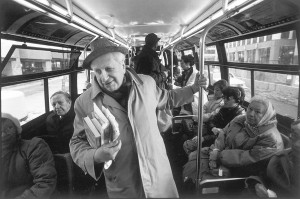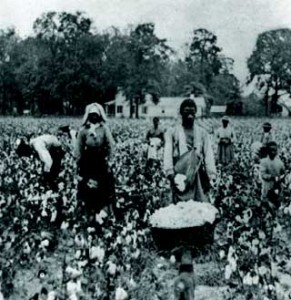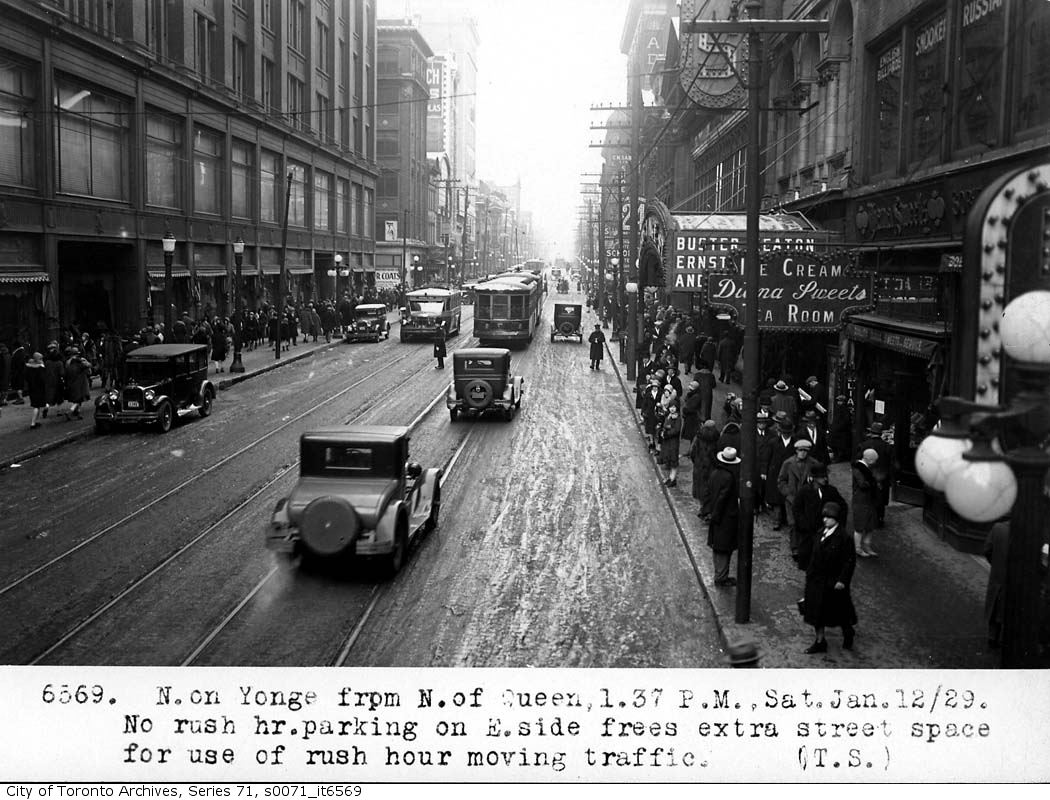
Now that we have access to sound recordings going back as far as the 1860s, it’s time to acknowledge that we need the internet, apps and ebooks to make the best use of the new media that the Victorian French invented and Gilded Age America made perfect. Previous means of distribution – sound and video cassettes, 8mm film, CD and DVD and all the many others were and are reasonably good for archival purposes, but don’t allow or encourage widespread study. That’s changed, and it’s a change to be celebrated. Here are three examples of early efforts to use the internet to give universal access to historical audio material, all American: there is much, much more than this out there now, of course, and these are just highlights.
After the Day of Infamy (Library of Congress: American Memory)
“On December 8, 1941 (the day after the Japanese attack on Pearl Harbor), Alan Lomax, then “assistant in charge” of the Archive of American Folk Song (now the Archive of Folk Culture, American Folklife Center), sent a telegram to fieldworkers in ten different localities across the United States, asking them to collect “man-on-the-street” reactions of ordinary Americans to the bombing of Pearl Harbor and the subsequent declaration of war by the United States.” (Main website here)
The heart goes out to these mild-mannered men and women, venturing out onto the shocked streets of America with their heavy recording equipment to make their shy requests for comments. There are enough false starts and accidents on the discs – all of which the Library of Congress has put up – to indicate that the field workers were learning as they went. In the process, they picked up some marvellous background sound – the atmosphere of a pool hall in 1941, the newsboy’s cries as he announces war to the city, the very motor and pedestrian traffic of Jazz Age Washington itself.
A billiard hall in a black neighbourhood in Washington DC, probably on the corner of Ninth and U Streets. The interviewers were the aforementioned Alan Lomax and his colleague Philip Cohen:
http://www.garreteer.co.uk/wp-content/uploads/2012/06/pool.mp3
In front of the Palace Theater on 13 and F Streets, Washington, D.C., December 8, 1941, 9:00pm, same interviewers. Listen out for traffic and the newsboy:
http://www.garreteer.co.uk/wp-content/uploads/2012/06/sr01bsh.mp3
And a series of interviews made by Charles Todd and Robert Sonkin in New York. The first of these, a salesman, is a delight – but his arguments echo those made in 2002-2003 against war in Iraq. This is a constant feature of these interviews, which may or may not surprise.
http://www.garreteer.co.uk/wp-content/uploads/2012/06/sr08ash.mp3
Studs Terkel interviews Jazz Age survivors for his book “Hard Times”

These aren’t strictly jazz age recordings – the great (and, most regrettably, late) Studs put these onto tape in the early 1970s. Hard Times is dominated by political activists and the suffering of the men and women who found themselves pitched to the bottom of the pile. You can hear all of the recordings here. But there are also interviews notable not for their insight into the terrible events post-1929, but for being deeply, darkly funny, and I present three of those here.
Jerome Zerbe was a society photographer, a man with a good claim to having been the first paparazzi. By the time Studs gets to him, Zerbe has become one of those unrepentant elderly racists, but don’t be put off by that: he is a superb raconteur and marvellously lacking in self-awareness. Of all of the recordings I’m posting today, this is by far my favourite.
http://www.garreteer.co.uk/wp-content/uploads/2012/06/jeromezerbe.mp3
Doc Graham, which is a pseudonym, was a “quasi-legal entrepeneur” in 1920s and 1930s Chicago. In other words, he was a conman and a gangster, a pal of Bugs Malone no less, and in old age full of righteous nostalgia for a lost world of professionalism, pride in a job well done and individuality. Was he aware how he came across?
http://www.garreteer.co.uk/wp-content/uploads/2012/06/docgraham.mp3
Tony Soma ran a speakeasy. A Chicagoan Italian with a homespun philosophy all his own, he too takes it upon himself to lecture the modern world through Studs for its lassitude and immorality. But he’s irrepressible, an entirely different sort of number from Doc Graham, and tremendous company:
http://www.garreteer.co.uk/wp-content/uploads/2012/06/tonysoma.mp3
Lorenzo Dow Turner interviews freed slaves in 1932

In some ways, these are the most remarkable of the recordings here – containing as they do the voices of men and women who had worked as slaves in the United States before emancipation in the Civil War. The entire series of interviews can be found here. These particular interviews stem, however, not from any particular desire to save memories of slavery from dying away, but from an anthropological interest in the linguistics of the Gullah Region of Georgia and South Carolina. Dr Turner was an English professor, and acted at the request of Hans Kurath, director of the Linguistic Atlas of the United States and Canada project. (Gullah is a region, a people and a creole – the latter a blend of Elizabethan and African languages). The recordings are 80 years old, and very rough, but it takes nothing away from their fascination.
Dr Turner interviews ex-slave Susan Quall, 16th May 1932
Part One:
http://memory.loc.gov/service/afc/afc9999001/25659a.mp3
Part Two:
http://memory.loc.gov/service/afc/afc9999001/25659b.mp3
Dr Turner interviews ex-slave Ann Scott, 27th June 1932.
Part One:
http://memory.loc.gov/service/afc/afc9999001/25657a.mp3
Part Two:
http://memory.loc.gov/service/afc/afc9999001/25657b.mp3
Coming Soon:
More historical audio, of a more candid variety – a father playing with his children at home in 1902, a London bus station in the year Hitler came to power, an “experimental” Victorian recording of Big Ben, a York shopping street during the Attlee period, amongst other things.

I’ve got a 3 CD set of Lomax with Jelly Roll Morton. I commend it unto thee.
I’ve also got a CD of Baby Dodds on the subject of jazz drumming. I laugh at myself for buying it. A DVD would have been splendid – but a CD? You can’t see how he does it.
Heh!
http://www.youtube.com/watch?v=R6N-A3owHDk